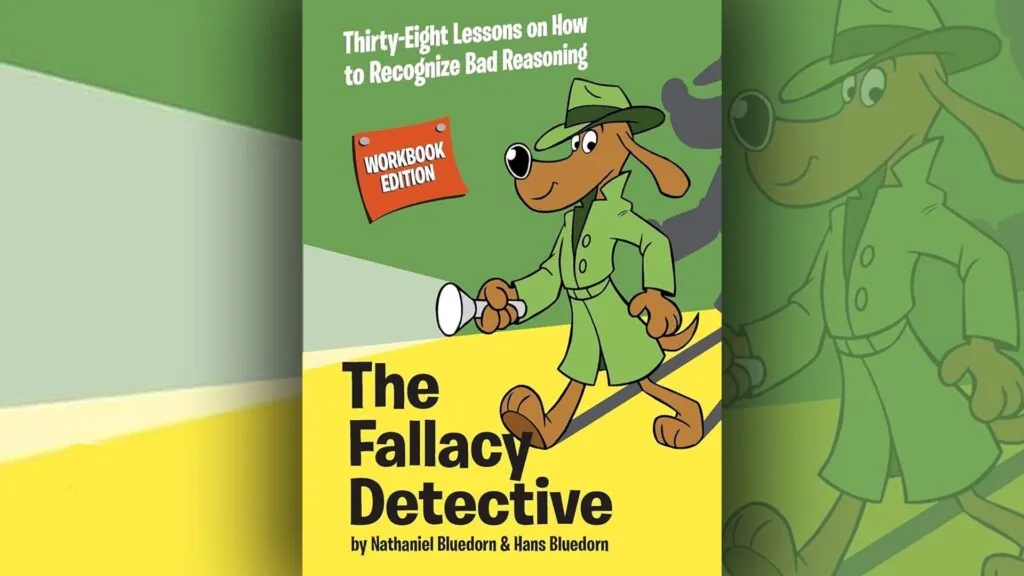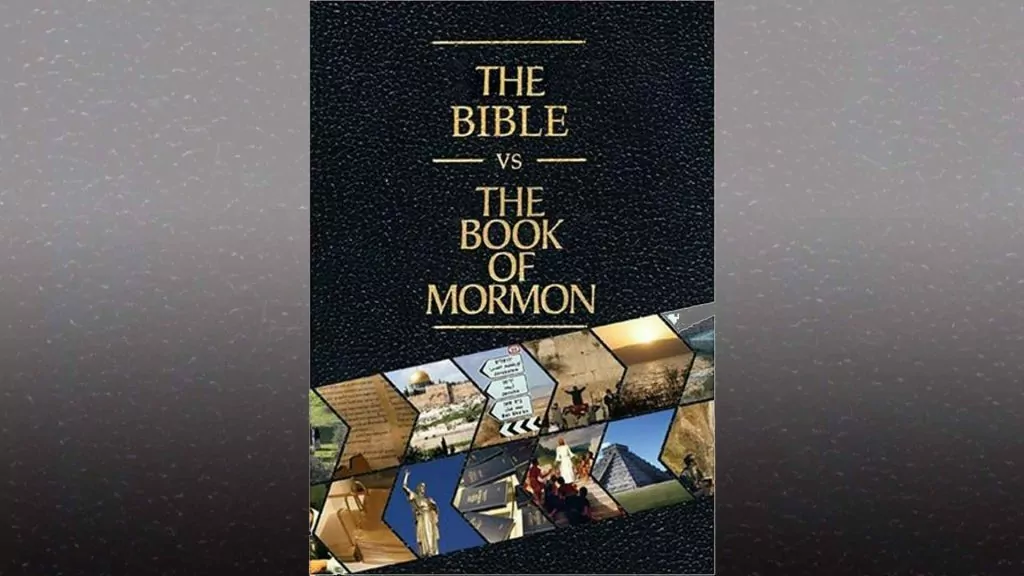Things that we have heard and known, that our fathers have told us. We will not hide them from their children, but tell to the coming generation the glorious deeds of the Lord, and his might, and the wonders that he has done. – Psalm 78:3-4
*****
History is important for day-to-day life in ways that most of us don’t know. A shared history unifies communities, and knowing history can inspire individuals to be better people because they can learn from previous generations what to do and what to watch out for.
Recently history professor John Fea of Messiah College in Pennsylvania wrote a book about the importance of history called Why Study History? Reflecting on the Importance of the Past. While an aim of the book was to encourage college students to major in history, what he shares would be beneficial to all Christians.
Shared history binds us together
Fea points out that historical accounts are important to the identity of communities: “We need the stories of our past to sustain us as a people. History is the glue that holds communities and nations together.” The history of our community (whether as a church, ethnic group, or political unit) creates a perception of shared experience with other members of our community. This helps to bind us to one another.
The kind of experience we share with other community members will be influenced by how its history is presented. In a national context, competing groups may emphasize different aspects of the past and thus offer different versions of history. In the United States, disputes of this nature have arisen in public schools. Fea writes, “The battle over what American schoolchildren learn about the nation’s past has been a significant part of the ongoing culture wars in this country.”
“Past” versus “history”
Fea makes an distinction between what he calls “the past” and “history.”
The past consists of all the events that have occurred before the present time. This includes the dates and facts about what happened.
History, on the other hand, involves the creation of a narrative using information about the past. History is always written by a person, and each historian has to determine which information from the past is important and how it fits together. In this sense, history always involves an interpretive framework provided by the historian – all history is written from a particular perspective or worldview.
The right worldview is key
That being the case, it is very important to determine whether or not a particular historian works within a good worldview. For example, when a Marxist writes a history of the sixteenth century, he sees economic forces as the primary factors leading to the origin and success of the Reformation. He will discount the specifically “religious” aspects of the Reformation as window dressing for the real action which he believes is in the economic sphere. The Marxist does not even believe in God, so how could he attribute any facet of the Reformation to spiritual activity? It’s completely outside the realm of possibility in his worldview. Thus a Marxist interpretation of the sixteenth century will inevitably miss the most important aspect of the Reformation, namely, the work of God in restoring His truth to the church.
A Reformed historian will look at exactly the same information as the Marxist and see an entirely different picture. The Reformed historian will focus on the religious and spiritual nature of the Reformation. Economic forces do matter at various points throughout history but they cannot account for genuine spiritual occurrences and the work of the Holy Spirit in the hearts of people.
While there are many learned and thoughtful historians of various persuasions who have written important books, if they didn’t approach history from a Biblical Christian perspective it is possible that they missed important features of their subject.
Like a Reformed historian, a Roman Catholic historian may also see the Reformation within a spiritual context. However, his analysis would likely be the opposite of the Reformed view. To him or her, the Reformation involved a schism from the true church.
Clearly, the perspective held by any historian will provide the interpretive framework through which he or she evaluates the past. All historians operate within a particular worldview that determines what they will consider to be worthy of including in their account.
Leftwing history
Leftwing historians, often known as “progressive historians,” understand the importance of history in the life of a community. They also understand the power of historical interpretation as a method of promoting political change. Particular historical accounts can be used as the justification for political action. As a result, they interpret history through an especially leftwing framework as a means to advocate for socialist solutions. Fea explains:
As these historians began to speak out against the injustices that they saw in society, they began to articulate a method of approaching the past that was concerned less with objectivity and more with activism. They looked to the past for antecedents to contemporary social problems that might help point the world in the right direction.
Their accounts of American history, therefore, focus on the negative aspects and largely ignore the positive aspects. Fea notes, “They wrote books calling attention to the nation’s long history of injustice. Such works were largely one-sided, but that was the point.”
If the United States is historically based on racist oppression and capitalist exploitation of the poor, then the way to improve it is through socialism. Government planners can enforce “social justice” through state coercion. This is the leftwing ideal, and it appears more plausible when backed by historical arguments about pervasive evil in the nation’s past. If individual freedom has led to oppression and exploitation, then it must be sacrificed to government control in order to achieve justice.
History motivating politics
In other words, a particular historical perspective becomes the underlying basis for an associated political agenda. History conducted in this way provides the driving force for a program of political change. The example of the “progressive historians” demonstrates the use of history in a powerful and negative way.
But history can also be used to undergird a positive agenda. Fea points out that some American Christians have written history books to boost the case for Christian political activism. For example, if Christianity held a privileged position in earlier periods of American political life (and it did), then Christianity should not be expelled from American political life today.
However, Fea also notes that some of these efforts by Christians have been so lopsided as to turn history into political propaganda, much like the progressive historians have done. This is certainly an error to avoid, but it does not discount the possibility of the proper use of history to buttress Christian activism in the culture wars.
Sanctification
Besides the political role of history mentioned above, history can also motivate us to improve ourselves as individuals. As Fea explains it,
The past has the power to stimulate us, fill us with emotion, and arouse our deepest convictions about what is good and right. When we study inspirational figures of the past, we often connect with them through time and leave the encounter wanting to be better people or perhaps even continue their legacy of reform, justice, patriotism, or heroism.
Used in this way, history can actually be an aid in sanctification.
Conclusion
History is important for the role it plays in binding communities together and in motivating political action. It can also help to encourage individuals to improve themselves or inspire them to become involved in a cause. The value of particular historical accounts will be heavily influenced by the perspective of the writer of the account. Only a Christian historian can truly appreciate the role of God in history.
It’s hard to love something you know little about. Learning the history of your country can help you to love your country. Learning the history of your church may help you to appreciate your church more too. Whatever the case, it is certain that studying history is a valuable activity.
This article first appeared in the November 2015 edition.















